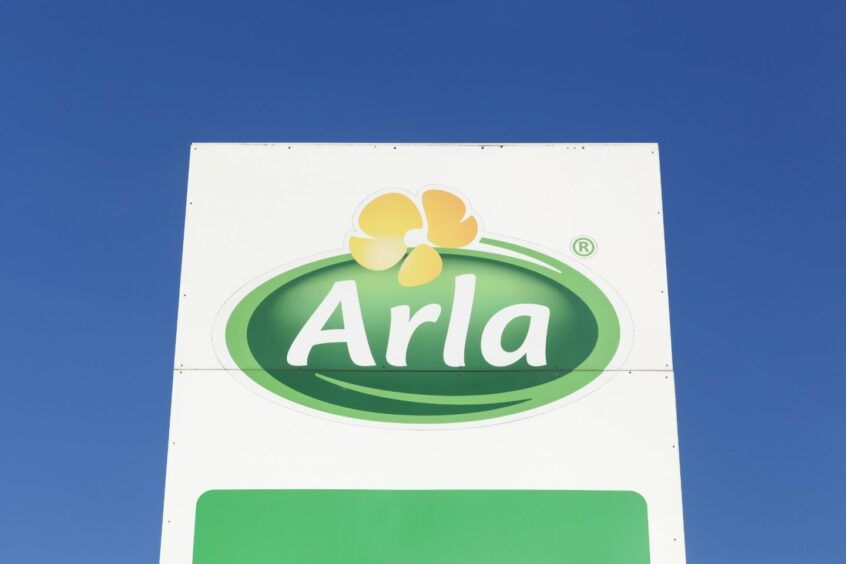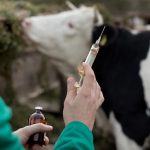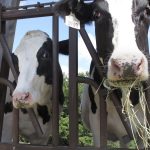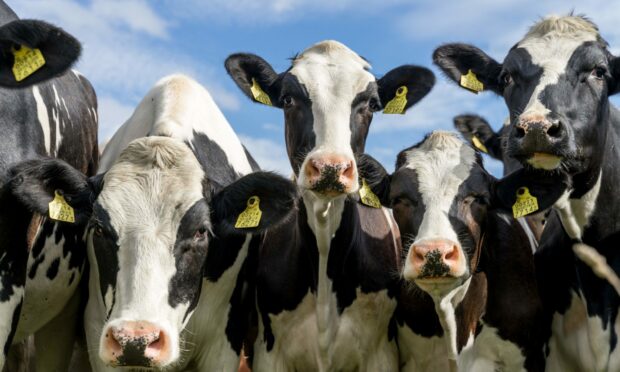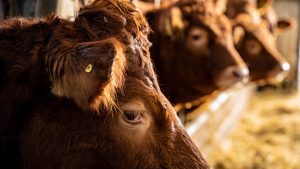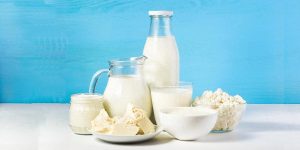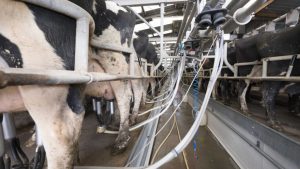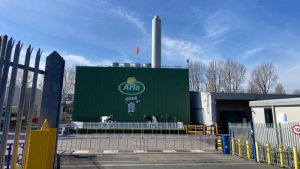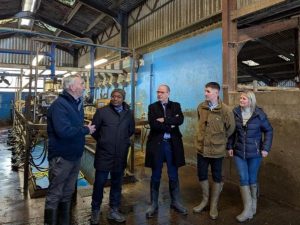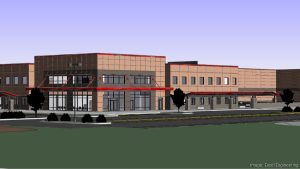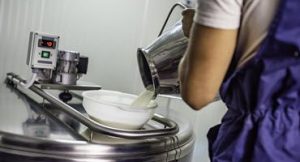
The latest accounts for the company, which is the British arm of European dairy farmers’ co-operative Arla, show a 22% increase in pre-tax profits to £46.9 million for the year to December 31, 2020.
Sales were also up to £2.478 billion, from £2.468bn previously, with the bulk of sales made in the UK. However, sales to Europe were down 63% to just over £5m from £13.5m previously.
In a report accompanying the accounts, Arla Foods Limited said 2020 had been an “unprecedented year defined by a global pandemic”.
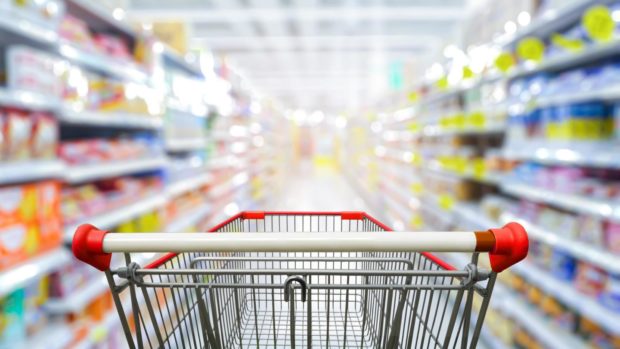
It said: “The impact on the company was wide-ranging, from dramatic changes in consumer behaviour, business plan disruptions, operational challenges, and the effect it had on the lives of our farmers, colleagues and customers at work and at home.”
Arla said the global dairy industry was heavily affected by the coronavirus pandemic, in particular due to the impact of national lockdowns on the food service sector.
“The uncertainties surrounding Brexit also played a part throughout the year, with significant time and resources put towards preparations to ensure business continuity for every possible outcome,” added the company.
“Volatility in global commodity prices continued in 2020 marked by falling prices in the first half of the year followed by partial recovery in the latter half.
“Despite these factors, the co-operative delivered a relatively strong and stable prepaid milk price to all of its farmer members throughout 2020.”
The company, which produces well-known brands including Anchor, Cravendale and Lurpak, said it “responded decisively and promptly” to meet changing demands as consumers chose to eat more at home due to lockdowns.
It said its brands achieved volume driven revenue growth (VDRG) of 13.1% in the year – up from 8.8% in 2019 – driven by a surge in retail demand during the pandemic and this was met by reducing or ceasing production of less popular brands.
“In a challenging year, keeping operations running during the pandemic and quickly reacting to changes in market trends and demands was our focus,” added Arla.
“However, sustainability is an ever increasingly important aspect of our decision-making and activities throughout our UK operations.”
It said it continued to work towards its target of reducing the amount of CO2e (carbon dioxide equivalent) per kg of milk produced by 30% by 2030 and becoming a carbon net-zero business by 2050.
Commenting on the current financial year, Arla said: “We will continue to adapt and adjust to the significant changes experienced in 2020.
“We expect to continue to grow our branded positions in 2021 but to a lesser extent than seen in 2020. More modest growth is expected but we will continue to look to strengthen our competitiveness and overall business.”
